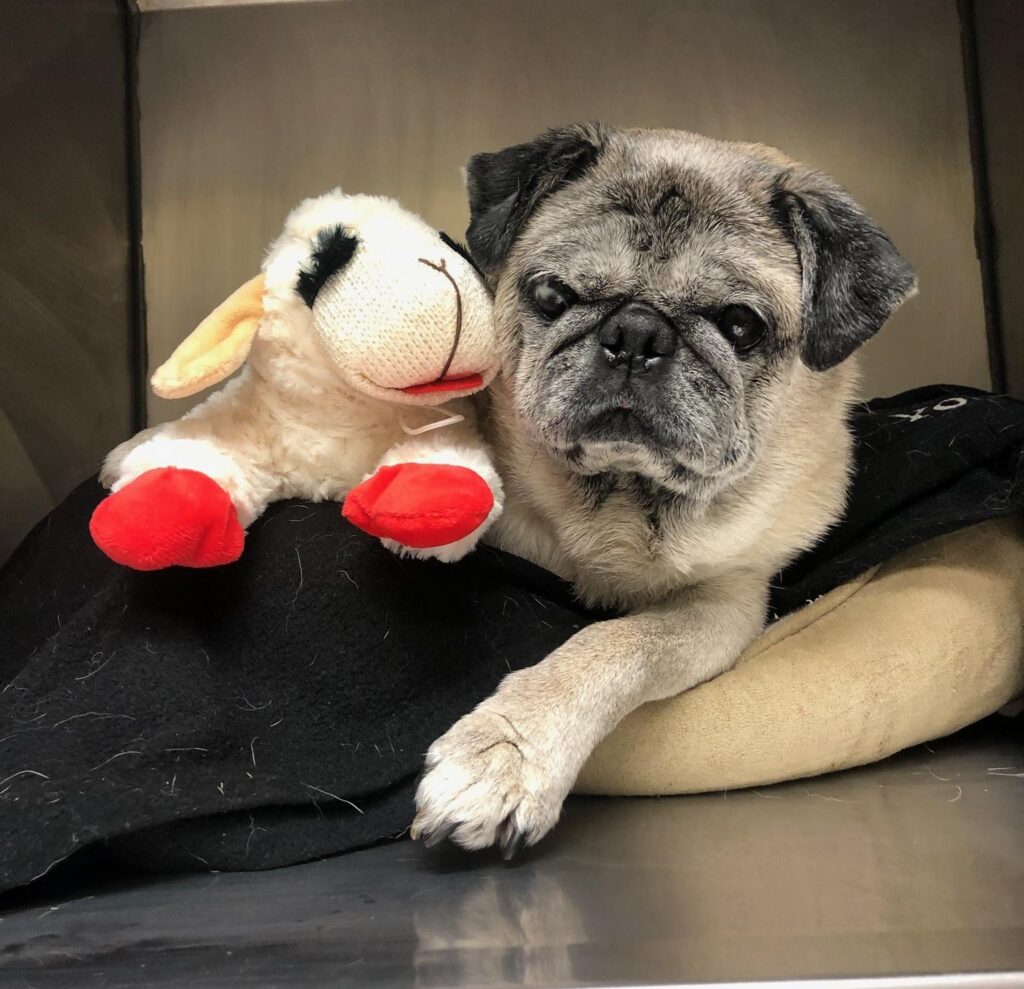With Halloween coming soon, there are a lot of changes around your households including the endless barrage of children ringing door bell’s looking for candy. While these changes seem routine for us, pets may react differently.
Most pets have things they fear, but phobia is much more serious. While fear is a natural and appropriate (from a dog’s perspective) response to a potential threat, a phobia develops when your dog has an irrational, persistent fear of something that doesn’t pose a real threat. Phobias are ongoing, extreme reactions to the same stimulus that typically begin after a bad experience.
The doctors at Oak Forest Veterinary Hospital have heard of phobias ranging from common ones such as loud noises and vacuum cleaners to dogs that develop inexplicable fears of items such as hats or toys. Common phobias are thunder, fireworks, doorbells, other loud noises, riding in cars, going to the veterinarian, children, insects, and humans wearing certain types of apparel.
If a dog has been hurt or frightened by someone in the past, anyone who has certain physical characteristics of that person can trigger panic. Another common phobia is separation from family members. This is not just disappointment that you are leaving, which many dogs experience. With separation phobia, the brain goes into panic mode.
Phobias can set off behaviors such as running away, hiding, attacking people or other animals, destroying his surroundings, or losing control of bladder or bowels. He may tremble, have trouble breathing, or collapse. Prolonged stress and anxiety are as damaging to canine health as they are to human health. As such, we must take steps to rehabilitate canine family members to protect their health and improve their quality of life.
Recovering from phobias takes time and may involve a combination of therapies. These therapies usually involve slowly introducing the stimulus in a more positive light. Be sure to let one of our doctors know if your dog is exhibiting phobic behavior. Our doctors may prescribe medications that help them remain calmer, discuss strategies, or recommend professional help from another source.


